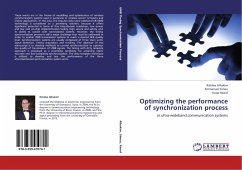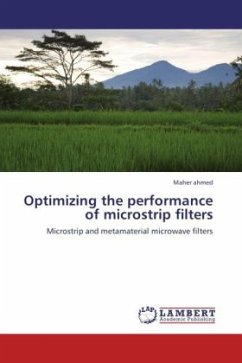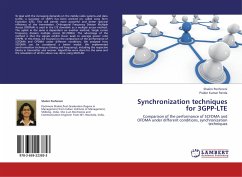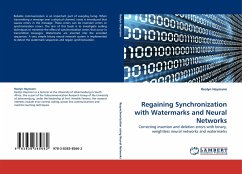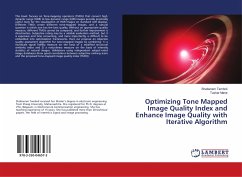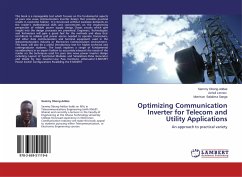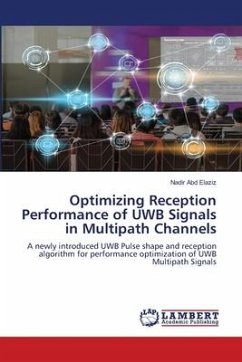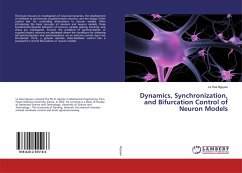These works are in the theme of modelling and optimization of wireless communication systems used in particular in wireless sensor networks and indoor applications. In this area, the impulse-radio ultra-wideband (IR-UWB) technology is considered as a promising solution, because it offers significant potential in terms of fine time-domain resolution, low power and low cost on-chip implementation facility, high secure and safety, and its ability to coexist with narrowband systems. However, the timing synchronization process is still a major challenge that must be addressed in order to enable UWB transmission systems to reach a desired BER quality level. Synchronization systems are usually composed of three main units: signal detection, timing acquisition and tracking. The objective of this manuscript is to develop methods to control synchronization to optimize the quality of transmission of UWB signals. The timing with dirty template approach is proposed as a promising candidate for achieving rapid, accurate and low-complexity synchronization. The dirty template technique is utilized to develop and test the performance of the three aforementioned synchronization system units.
Bitte wählen Sie Ihr Anliegen aus.
Rechnungen
Retourenschein anfordern
Bestellstatus
Storno

